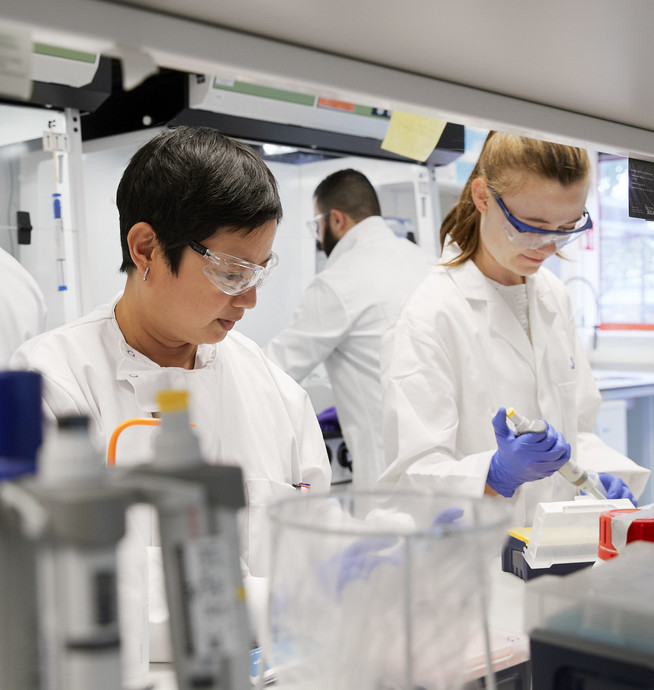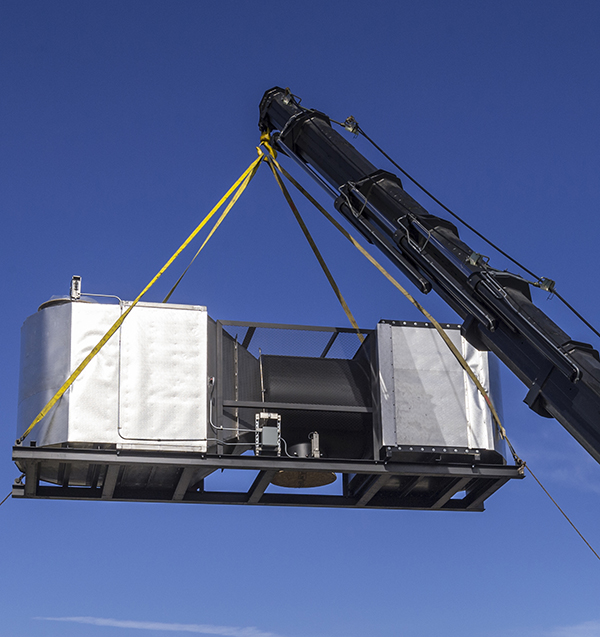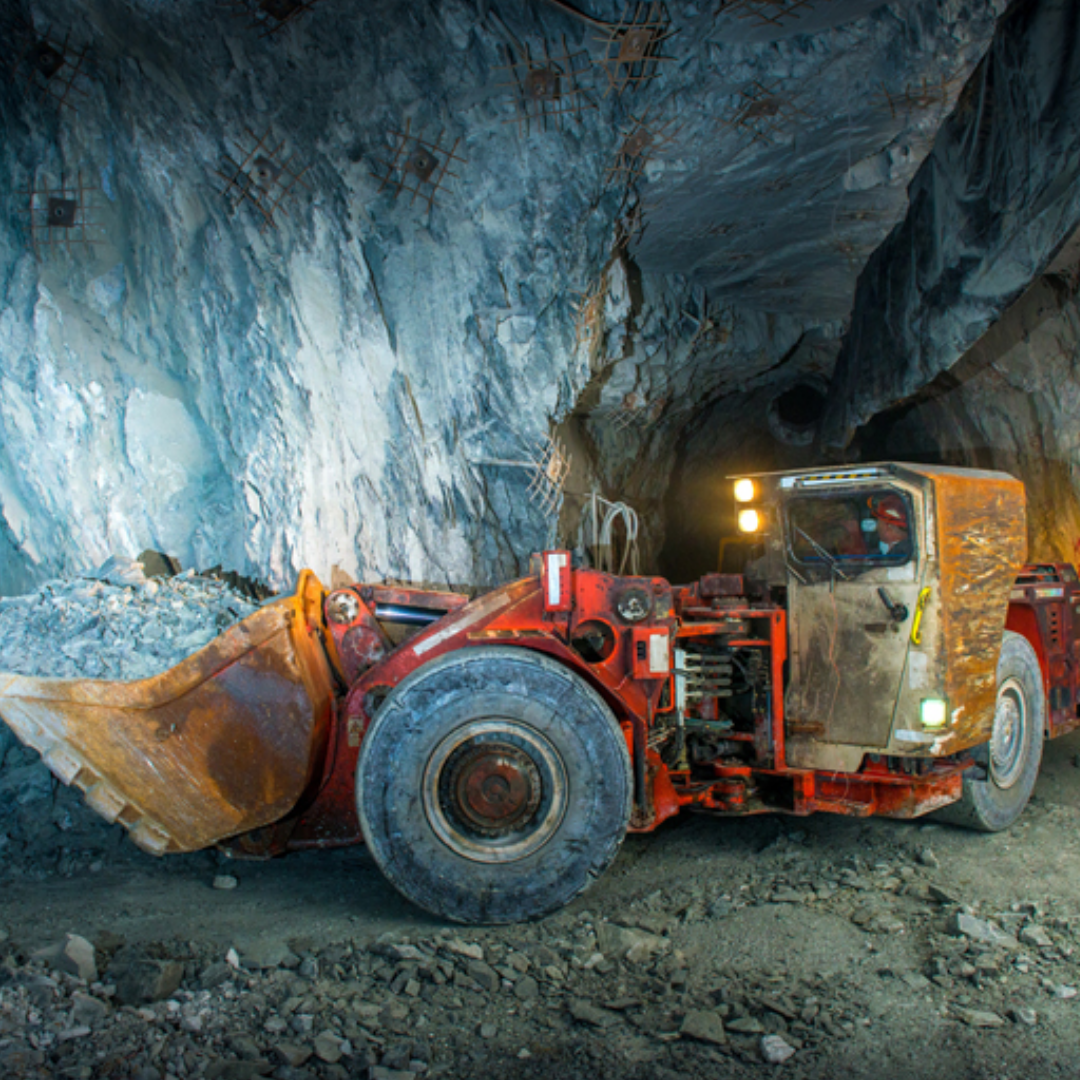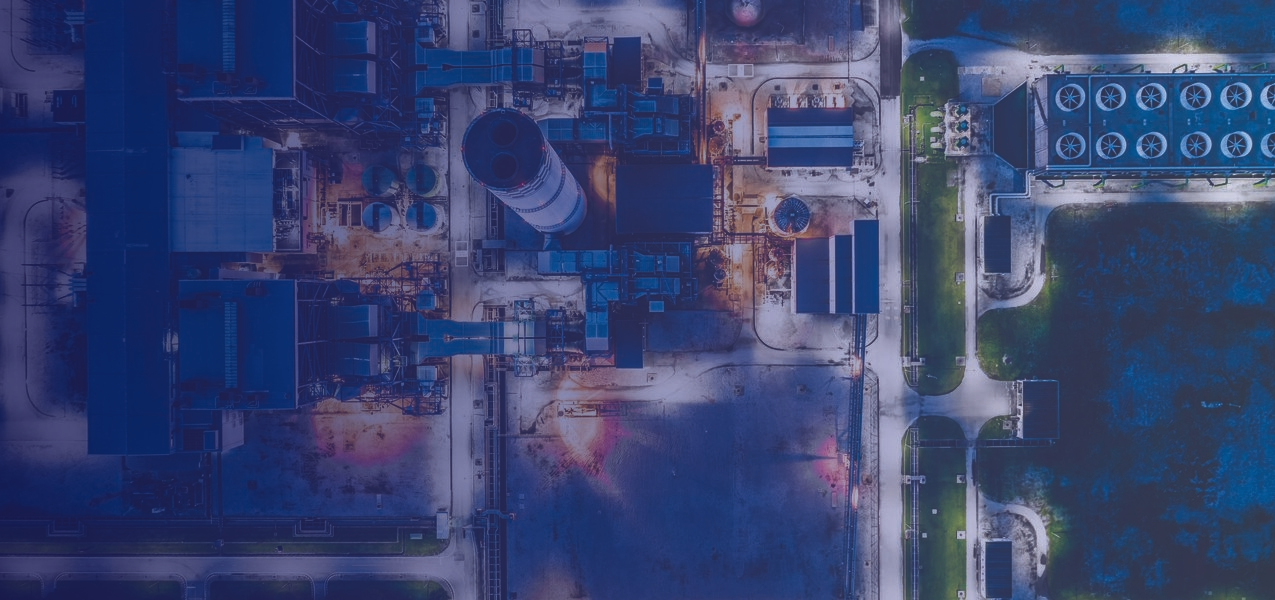Advanced emissions control solutions for cleaner air
Clean air is more important than ever. As energy demand grows and industries adapt to new regulations, controlling harmful emissions is vital for the environment and public health. In transportation, power generation, mining, and manufacturing, reducing pollutants is a priority.
Why emissions control is essential
Effective emissions control minimises harmful pollutants like nitrogen oxides (NOx), volatile organic compounds (VOCs), carbon monoxide (CO), hydrocarbons, and particulate matter (PM). These pollutants harm air quality and the environment, making advanced solutions vital for compliance and sustainability.

Johnson Matthey: your partner in emissions reduction

Our solutions target large point sources, including power plants, shipping vessels, mining operations, and industrial processes. By removing pollutants before they enter the atmosphere, we help customers meet strict emissions standards worldwide.
Our expertise ensures optimal integration and performance of catalytic systems, delivering reliable, efficient operation for every application.
Reducing emissions from large point sources
Johnson Matthey delivers advanced emissions control technologies for a wide range of industrial and energy applications. Our solutions help businesses meet strict air quality regulations by reducing harmful pollutants before they enter the atmosphere.
Applications for emissions control
Our catalytic technologies are effective across multiple sectors, including:
-
Backup generators for data centres
-
Gas Turbines
-
Power generation, including waste incinerators
-
International and domestic shipping
-
Mining operations
-
Industrial processes – glass and cement manufacturing
-
Petrochemical processes
-
Food and agricultural sector operations

Advanced catalyst and fuel processing solutions
Our catalyst technology also supports high-temperature fuel cell applications, such as solid oxide fuel cells (SOFCs). Johnson Matthey’s reforming and combustion technologies enable fuel flexibility and are used in fuel processing to convert natural gas or ammonia into hydrogen, improving efficiency and performance.







